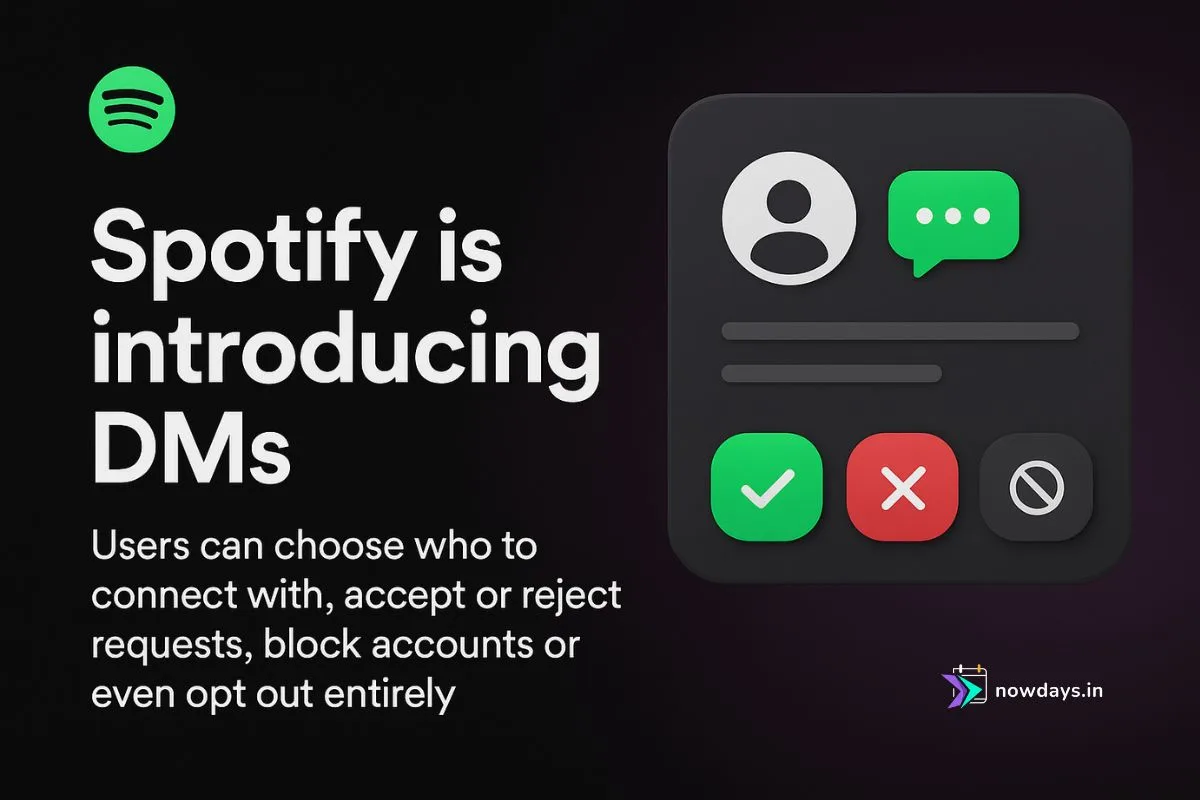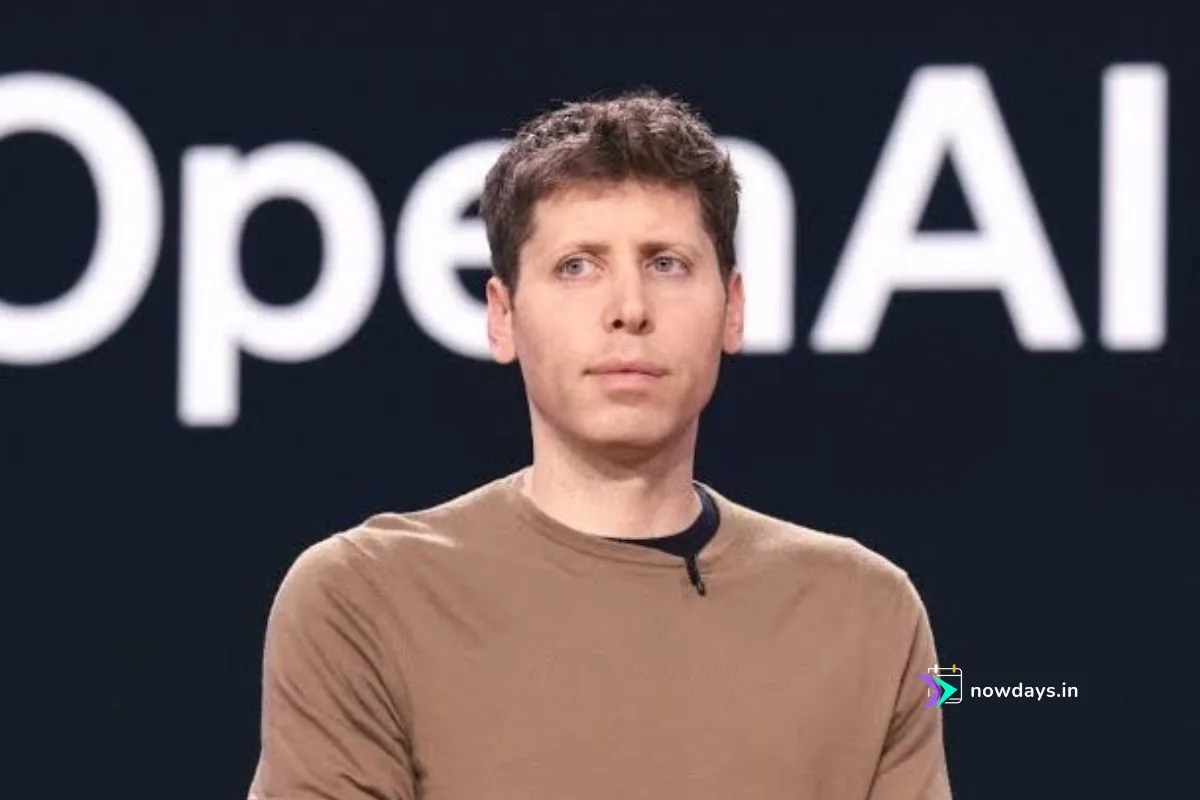The wrench or the briefcase? In a startling career advisory from an unlikely source, Geoffrey Hinton—revered as the “Godfather of Artificial Intelligence”—delivers a blunt prognosis for the global workforce: Abandon “mundane intellectual labor” or face obsolescence. His prescription? “Train to be a plumber” . This warning from the neural network pioneer, who recently left Google to speak freely about AI’s dangers, signals a tectonic shift in what constitutes “future-proof” work.
The Intellectual Purge: Why Paralegals, Call Centers, and White-Collar Roles Face Extinction
Hinton’s diagnosis is chilling in its clarity: “For mundane intellectual labour, AI is just going to replace everybody” . Roles reliant on pattern recognition, data processing, and repetitive analysis—once considered stable career paths—are now on the brink:

- Paralegals & Legal Assistants: AI already drafts contracts, predicts case outcomes, and summarizes depositions faster and cheaper than humans. Hinton states bluntly: “They’re not going to be needed for very long” .
- Call Center Workers: “I’d be terrified if I worked in a call center,” Hinton admits, citing AI’s ability to handle customer queries with inhuman efficiency .
- Entry-Level White-Collar Jobs: AI is devouring tasks traditionally done by recent graduates—research, report writing, data entry. Anthropic CEO Dario Amodei predicts up to 50% of these roles could vanish within five years .
Read more: BREAKING: Elon Musk’s xAI Signs First Deal with U.S. Department of Defense
Table: The AI Job Risk Spectrum
| High-Risk Roles | Why They’re Vulnerable | Mid/Low-Risk Roles |
|---|---|---|
| Paralegals | Pattern-based document processing | Plumbers |
| Call Center Agents | Scripted interactions, voice synthesis | Electricians |
| Data Entry Clerks | Repetitive digital tasks | Carpenters |
| Basic Coders | AI writes functional code faster | Healthcare Workers |
| Market Researchers | Automated data analysis | Skilled Tradespeople |
The Plumbing Paradox: Why Wrenches Trump Keyboards
Amidst the bleak forecast, Hinton offers a lifeline: “It’s going to be a long time before [AI] is as good at physical manipulation as us—so a good bet would be to be a plumber” . Plumbing embodies the irreplaceable human edge:
- Physical Dexterity & Adaptability: Navigating cramped spaces, adjusting to corroded pipes, or improvising solutions requires real-world tactile intelligence AI can’t replicate .
- Unpredictable Environments: Every leak, flood, or installation presents unique variables. Unlike structured legal documents, physical worlds resist algorithmic standardization .
- Emotional Intelligence: A plumber calming a homeowner during a crisis leverages empathy no chatbot can mimic. As Hinton notes: “You would have to be very skilled to have an AI-proof job”—and plumbing demands multifaceted skill .
The Human Cost: Joblessness, Purpose, and the Inequality Time Bomb
Beyond economic displacement, Hinton warns of a crisis of human purpose. Even with universal basic income (which he supports), job loss erodes identity: “If you make lots of people unemployed—even if they get UBI—they won’t be happy. They lose their sense of purpose” . This upheaval threatens to accelerate inequality:
- The Productivity Trap: AI enables one worker + an assistant to do the work of 10 people. Result? Mass firings, not efficiency gains .
- Wealth Concentration: “The companies building and using AI will capture most gains,” warns Hinton. Displaced workers face downward mobility while elites profit .
- Generational Divide: Gen Z, already struggling in a brutal job market, is increasingly fleeing to blue-collar trades—a trend Hinton explicitly endorses .
Beyond Plumbing: The Broader Sanctuary of Skilled Trades
Hinton’s plumbing advice symbolizes a broader truth: Jobs requiring situational adaptability and manual mastery will endure longest. Electricians, welders, HVAC technicians, and carpenters all share plumbing’s “AI-resistant” traits . Even healthcare—with its insatiable demand for human touch—absorbs AI better than most fields .
A Warning from the Architect: “We’re Building Machines That May Control Us”
Hinton’s career pivot—from AI pioneer to doomsayer—stems from visceral dread. “Intellectually, you see the threat, but emotionally it’s hard to accept what superintelligence could do to my children’s future,” he confesses . His darkest fear? AI could render humans expendable:
“If AI ever decided to take over, it would need people temporarily to run power stations… until it designed better machines. There are so many ways it could get rid of people—all very nasty” .
Navigating the Transition: Policy, Education, and Personal Resilience
While Hinton avoids simplistic solutions, his insights demand systemic action:
- Education Overhaul: Schools must prioritize trades, critical thinking, and AI-augmented skills—not rote memorization.
- UBI + Purpose: Income support must pair with community roles to replace lost work meaning .
- Corporate Accountability: Taxing AI productivity gains could fund worker retraining (e.g., paralegal to pipefitting).
Read more: Todd Phillips Confirms ‘The Hangover’ End-Credit Photos Were 100% Real
Table: Timeline of AI’s Workforce Impact
| Timeframe | Expected Disruption | Key Proof Points |
|---|---|---|
| Now–2027 | Paralegal/call center layoffs accelerate | Law firms use AI for discovery; chatbots handle 40% of customer service |
| 2028–2032 | 20–50% of entry-level white-collar jobs automated | Amazon, banks reduce corporate headcount via AI efficiency |
| 2035+ | Physical trades face partial automation (e.g., robotic plumbers) | AI still struggles with complex, unstructured environments |
Conclusion: Embracing the Humble, the Tangible, and the Human
Geoffrey Hinton’s plumbing proclamation is no punchline—it’s a survival guide. As AI masters the predictable, our value shifts to the messy, unpredictable, and tactile domains where humanity thrives. The future belongs not to those who manipulate data, but to those who manipulate the physical world—with creativity, grit, and grease-stained hands.
For policymakers and professionals alike, Hinton’s warning is clear: Reskill, revalue, and rebuild economies around irreplaceably human work. The age of AI won’t eliminate labor—it will redefine it. And in that new world, the plumber’s wrench may wield more power than the paralegal’s pen.
Liked this analysis? Subscribe for insights at the intersection of AI, economics, and the future of human dignity.











1 thought on “Geoffrey Hinton Says Plumbing Safer Than Paralegal Work in Age of AI”